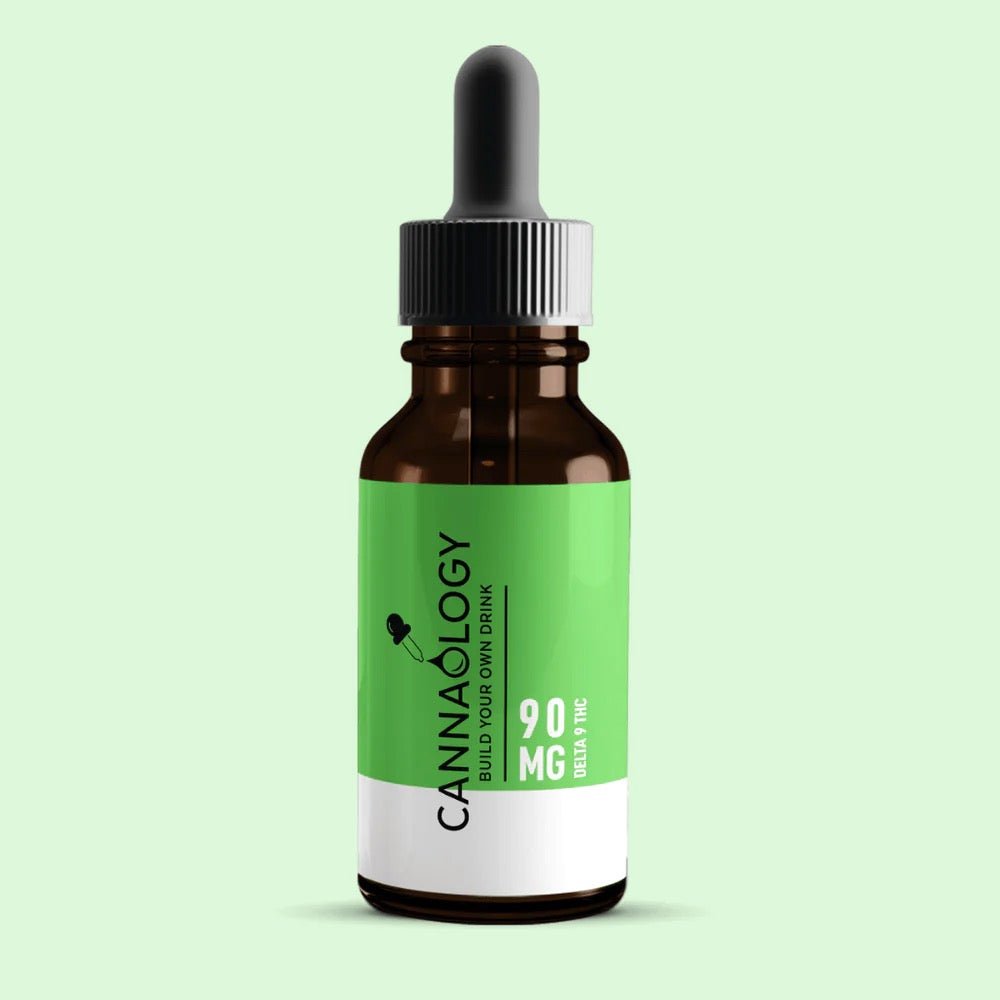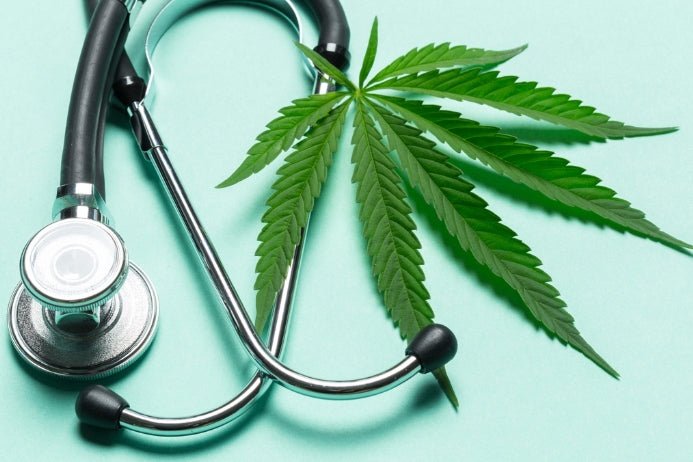As lawmakers scramble to get an extension approved, there are still precious few specifics on how the government plans to deal with the polarizing topic of intoxicating hemp offerings.

It’s that time of year again. The leaves are falling, as are the temperatures. As daylight grows shorter, homes and yards erupt in a festive and power-hungry light show celebrating the quickly approaching holiday season. And, of course, Congress is scrambling to pass emergency spending measures to keep the government afloat and vital public-funded services up and running for millions of Americans. It truly is the most wonderful time of the year.
One of those crucial federal programs is the Farm Bill. A massive and far-reaching spending measure, the Farm Bill is reviewed, reevaluated, revised, and renewed every five years. According to NPR, 80% of the $428 billion spending behemoth goes to fund nutrition programs like Supplemental Nutrition Assistance Program (SNAP) benefits, also known as food stamps. The five-year bill also helps shape rural development and what crops American farmers cultivate.
However, the 2018 iteration, while predominantly addressing those same issues, is most infamous for its legalization of a crop most Americans know very little about - hemp. With the passage of the 2018 Farm Bill, hemp cultivation and, more importantly, all hemp-derived products became legal in the U.S. again.
Since that time, the hemp industry has experienced the highest of highs and the lowest of lows as creative and, at times, overly aggressive manufacturers and entrepreneurs pushed the commercial and health and safety boundaries of the sparsely regulated market sector.
When the Farm Bill legalized hemp and hemp products, many lawmakers had no real idea about the flood of complex and potentially deadly offerings it would produce. Consequently, creative hemp businesses began crafting a host of items containing completely legal forms of delta-9 THC (the most well-known intoxicating THC variant) and other less-known cannabinoids like the now infamous delta-8 THC.
As a result, the still-young and developing industry has had to address the political and legal fallout created by the largely unregulated hemp-derived cannabinoid product sector. The primary cause for concern is the massive proliferation of products containing synthetically derived delta-8 THC. Delta-8 has been linked to the death of a toddler in Virginia and a host of other incidents where individuals (some minors) fell ill after consuming items containing the variant.
With almost no guidance or regulatory enforcement from agencies like the U.S. Food and Drug Administration (FDA), lawmakers at the state level have had to take on the responsibility of passing laws to severely restrict or altogether ban hemp-derived products like those containing delta-8 THC.
However, because the Farm Bill language is so vague and provides practically no legal guidance on how to deal with delta-8, as well as other problematic cannabinoids like delta-10 THC, THC-A, and THC-O, many of those state laws have either been struck down in the courts or are currently under restraining orders until lawsuits challenging the new statutes are adjudicated.
Adding more chaos and frustration to the process is the lack of culpability and responsibility by regulatory agencies and congressional leaders to fully tackle the problems plaguing the hemp sector. Many industry advocates and stakeholders want Congress to use the 2023 Farm Bill renewal to correct the issues and glaring loopholes created by the 2018 measure.
However, because of the House Speaker chaos over the past several weeks and yet another looming government shutdown, the 2023 Farm Bill almost certainly will not be renewed before the end of the year. Thus, an extension must be crafted and approved before November 17 to keep the myriad of vital farm and food subsidy programs funded until the final bill can be drafted and passed by both chambers of Congress.
Furthermore, as details about the extension begin to emerge, hemp entrepreneurs and consumers anxiously await word on the fate of their beloved and lucrative crop. And the amount of money at stake for all involved parties is significant.
According to a report by Whitney Economics, the hemp industry generated about $28.4 billion in sales revenue last year, exceeding the amount produced by all state cannabis markets combined. Based on sales tax on hemp items alone, the firm also estimates that states collectively collected $1.5 billion in tax revenue in 2022.
So, simply adding provisions to outlaw intoxicating hemp-derived cannabinoids is not an advisable or economically prudent strategy for Congressional leaders to employ. As Stephen Miller, general counsel for the U.S. Hemp Roundtable, a coalition of hemp industry leaders across the country, explains, “My guess is that the farm bill will not resolve that, and that will be something that will be continued to be studied and handled in the states.”
"My guess is that the farm bill will not resolve that, and that will be something that will be continued to be studied and handled in the states.”
- Stephen Miller, General Counsel for the U.S. Hemp Roundtable
If that is the case, the next order of business for hemp industry leaders would be to develop a comprehensive plan for regulating and policing the “wild, wild west” environment currently coloring the approach to monitoring the health and safety of products and the consumers ingesting them.
Once Congress let the proverbial “genie out of the bottle” by legalizing hemp and its derivative products, it set in motion the creation and proliferation of a now-massive and growing market sector that employs hundreds of thousands of Americans and provides solid wages and substantial tax revenue for the ailing U.S. economy.
As families congregate together next week to give thanks for all the abundance and blessings in their lives, let’s hope Congress leaders and their legislative minions also take time to show gratitude towards their respective constituencies and construct an extension to and a final version of the Farm Bill that secures not only the safety of the American public but also the future of the American hemp industry.







































